The one predominant duty is to find one's work and do it
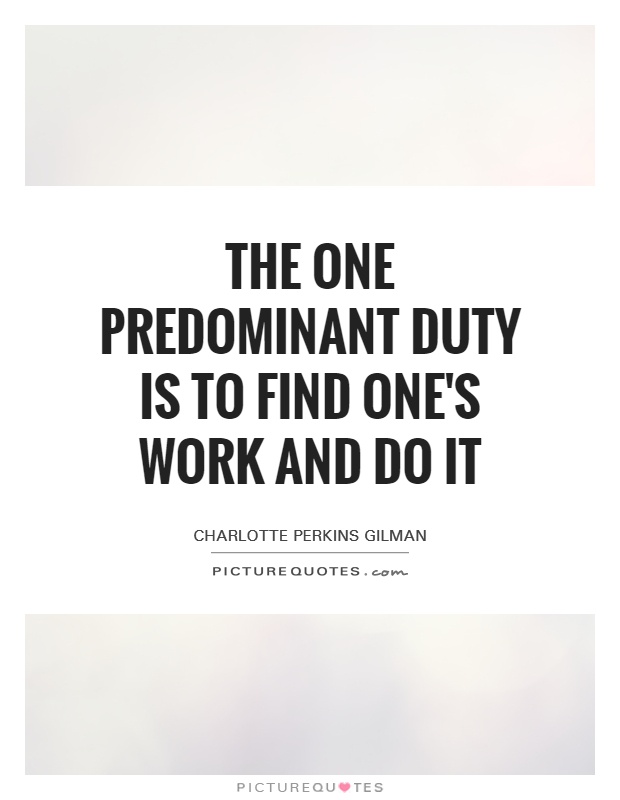
The one predominant duty is to find one's work and do it
Charlotte Perkins Gilman was a prominent American writer, lecturer, and feminist activist who lived in the late 19th and early 20th centuries. She is best known for her groundbreaking work "The Yellow Wallpaper," a short story that critiques the treatment of women's mental health in the Victorian era. Throughout her life, Gilman was a vocal advocate for women's rights and social reform, and she believed strongly in the importance of finding one's work and doing it.For Gilman, the idea of finding one's work was not just about finding a job or a career, but about finding one's true calling or purpose in life. She believed that each person had a unique contribution to make to the world, and that it was their duty to discover what that contribution was and to pursue it with passion and dedication. In her own life, Gilman found her work as a writer and activist, using her words and her voice to advocate for social change and to challenge the status quo.
Gilman's belief in the importance of finding one's work was rooted in her feminist beliefs. She saw women as capable and intelligent beings who were often held back by the constraints of a patriarchal society. By encouraging women to find their work and do it, Gilman was empowering them to break free from these constraints and to fulfill their potential. She believed that when women were able to find their true calling and pursue it, they would not only benefit themselves, but also society as a whole.
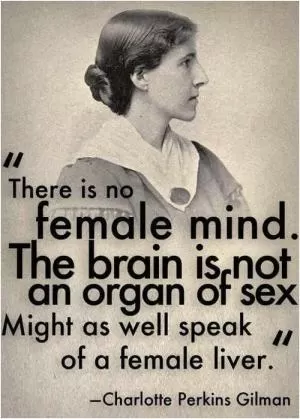
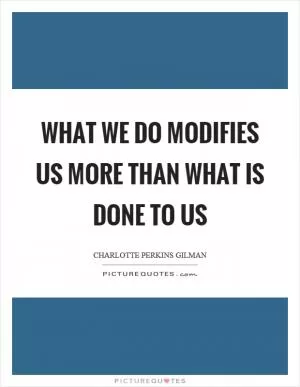

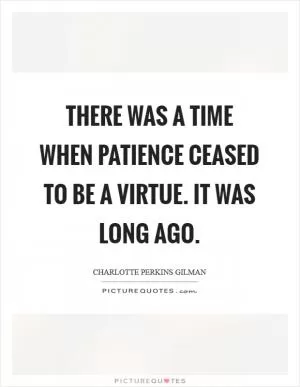


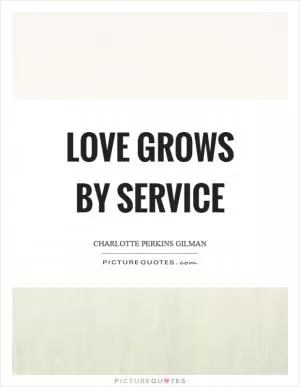
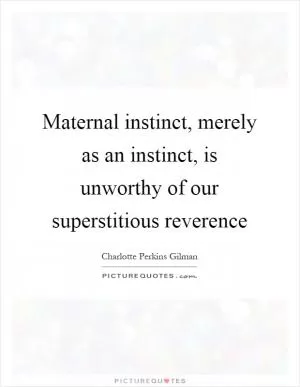
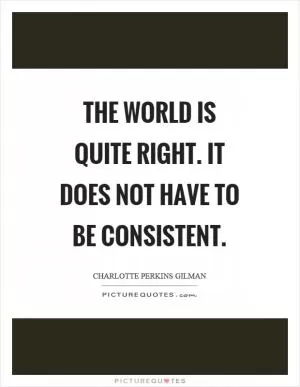
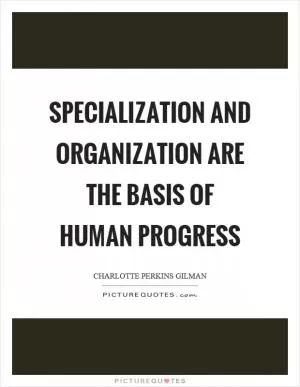
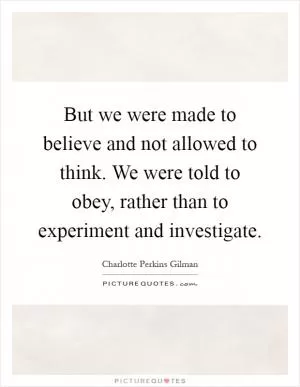

 Friendship Quotes
Friendship Quotes Love Quotes
Love Quotes Life Quotes
Life Quotes Funny Quotes
Funny Quotes Motivational Quotes
Motivational Quotes Inspirational Quotes
Inspirational Quotes